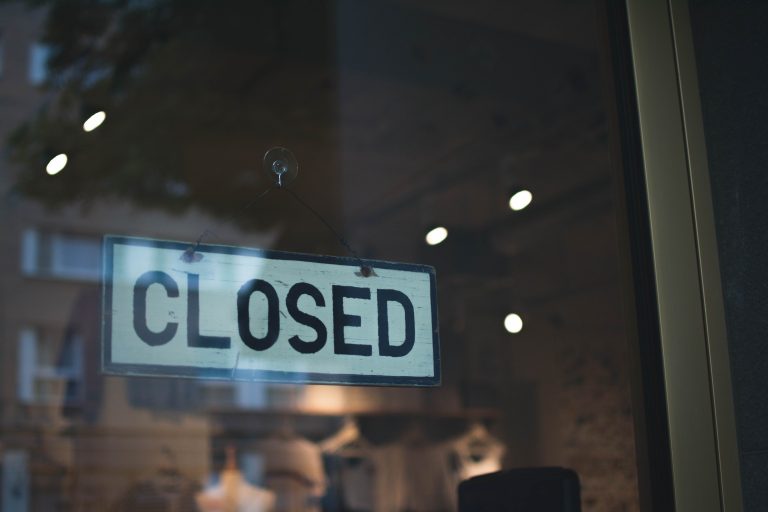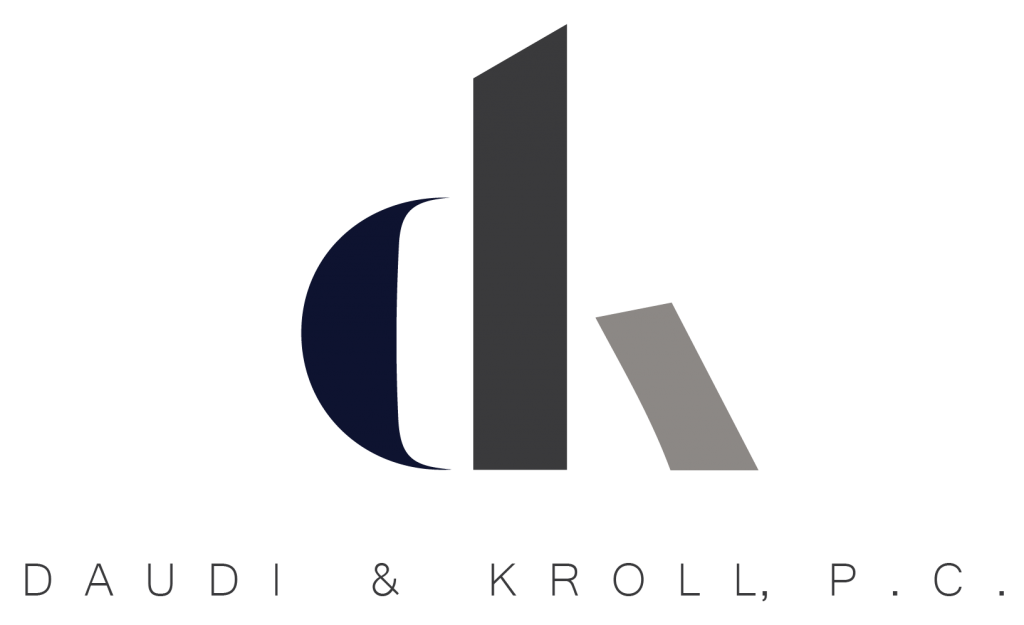
Sadly, the events of 2020 and 2021 have left the doors shut on many small businesses across America. Entrepreneurs who have found success during this time, or at the least those who retained financial stability, might take this opportunity to acquire some of these failing business on the cheap.
If you are of a mind to scoop up a distressed business or its assets, know that this is not without its own risk. While this may seem to be a golden opportunity, careful review and planning should still be exercised, as in any other business or asset purchase situation. Namely, potential buyers of distressed or closed businesses be prepared to perform extensive due diligence and should understand the advantages and disadvantages of purchasing the business before or during bankruptcy.
Due Diligence
Due diligence is the investigatory period during an acquisition in which the buyer has an opportunity to review the financial details of the proposed acquisition. This step of the purchase is extremely important in any asset acquisition, and even more when you are contemplating the purchase of a bankrupt or failing business.
It is essential that any potential buyer searches public records of any UCC filing statements, taxes or judgment liens, mortgages, or other encumbrances which may be attached to the business or its assets. A thorough search should reveal a more detailed and accurate picture of the seller’s business and will help you determine the risk versus the potential reward.
Buying Assets Only – Distressed Business
A distressed business is a business that cannot pay, or is struggling to pay, its financial obligations. Usually, it is advisable to purchase only the assets of such a business, thus minimizing risk related to unknown liabilities while still acquiring the necessary assets.
Purchasing the performing assets of a distressed business can have certain pitfalls, specifically, there is a risk that the seller may declare bankruptcy, which may cause its creditors to attempt to void the sale as a fraudulent transfer. A bankruptcy trustee may avoid any transfer occurring within two years of the seller filing bankruptcy if one of the following conditions is met: 1) there is actual fraud in the transaction, or 2) if the transfer is for less than the assets are worth when the seller was insolvent or was made insolvent by the sale.
One way to reduce this risk is to require that a substantial portion of the purchase price remain in escrow. Moreover, your purchase agreement should include an indemnification agreement covering any breaches of traditional representations and warranties, as well as costs stemming from creditors seeking to void the transfer.
Buying During Bankruptcy
While it has unique considerations, purchasing a business currently in bankruptcy may be well worth the extra effort. Generally, sales during bankruptcy proceed under Internal Revenue Code Section 363 (a “Section 363 Sale”). This kind of sale is generally involves an auction with the winning bidder receiving the assets free and clear of all liabilities, except any that are expressly assumed by the buyer. This type of sale is subject to court approval.
Of course, there are additional tricks to getting the best deal in such a purchase. Our expert team of business attorneys can help you structure and execute the deal correctly from the get-go.
